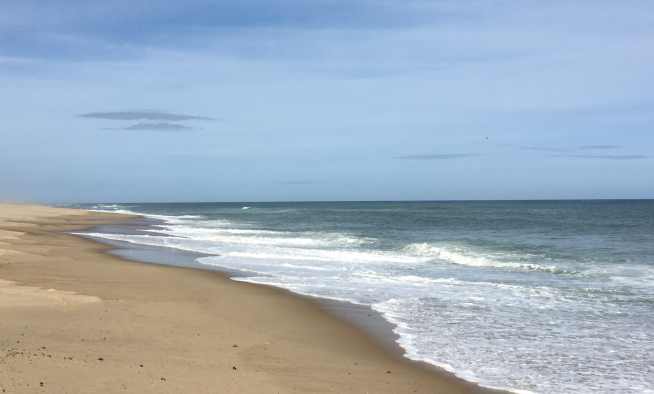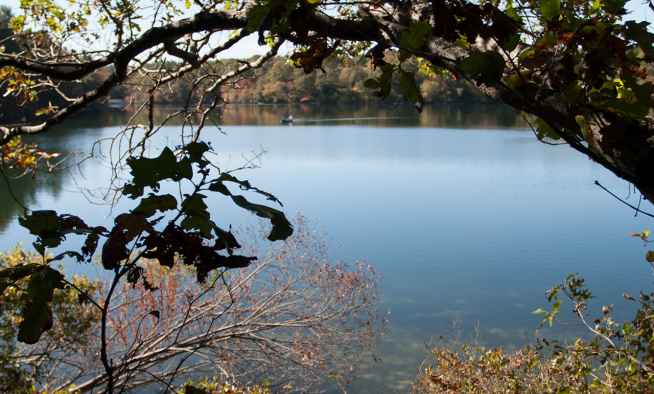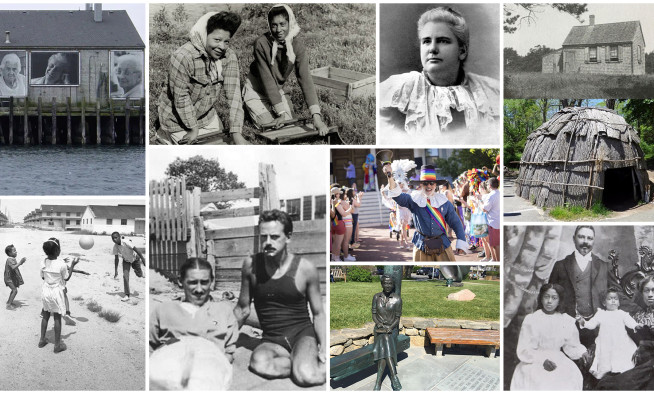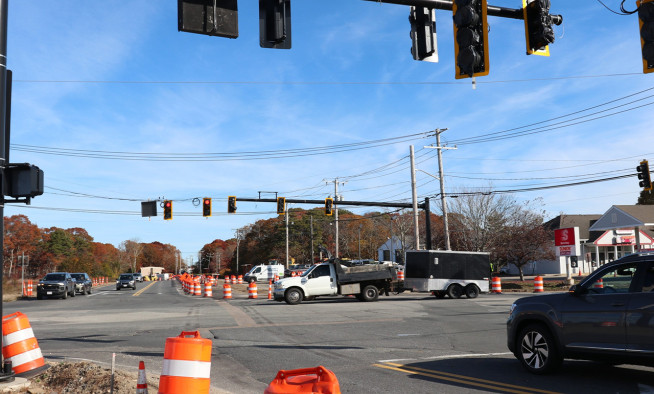BLOG: Restoring Water Quality
By Paul Niedzwiecki, Executive Director, Cape Cod Commission
What makes Cape Cod a special place? It’s difficult to disagree with those who suggest it’s the natural beauty, but I would say it’s the people and their ability to define this place, not by our differences, but what we share in common.
The update to the Section 208 Cape Cod Area-Wide Water Quality Management Plan recognizes the uniqueness of this place and the people who live here, and charts a course for solving our biggest environmental problem.
When we started updating the plan, there were two interrelated problems: degrading embayment water quality and an inability to gain voter support for local solutions. The root cause of each was clear. Nitrogen is the limiting factor for healthy estuaries. Cost, driven by an inflexible and outdated regulatory process, is the limiting factor for supportable local solutions.
Existing regulations inadequately define the problem and solution by municipal boundaries. Our approach was to ensure that the jurisdiction of the problem – watersheds – defined the jurisdiction of the solutions. Even the Commission’s regulatory process was inadequate. We shouldn’t be reviewing these plans like supermarkets, but in a manner consistent with the goals of water quality restoration in practical, sensible and adaptive terms.
The greatest concentration of recommendations in the 208 Draft Plan seek to build the flexible regulatory environment needed to address the problem, allowing watershed-specific plans, shared responsibility and less expensive alternatives. The information and the tools developed the plan’s comprehensive technologies matrix which offers new, less expensive wastewater treatment options for communities to consider. This science-based break from traditional sewer systems will allow communities an opportunity to change the conversation about how to best address watershed-specific problems.
The Commission spearheaded a watershed-based approach to the problem. Working with the Massachusetts Department of Environmental Protection and the U.S. Environmental Protection Agency, a first-of-its-kind watershed-based permitting process that allocates cost and responsibility across town boundaries is close to reality. The plan points the way for towns to cooperate, make watershed-based decisions and solve problems on their own terms. It also builds in incentives for such cooperation.
There are no optimal solutions suggested for any area of Cape Cod. While the 208 Draft Plan helps expand the conversation by changing the approach and availability of technologies, decisions on how the problem is best addressed are left local decision makers.
The intensive stakeholder process used to develop the Update, with 170 people engaged over 12 months, is the model for development of local plans and already in use. In Orleans, decision-making tools are being used to develop a consensus-based plan. The towns of Dennis and Harwich have approached us about using these same tools with the assistance of Commission-staffed watershed teams.
DEP has been a partner in developing these new approaches. As a regulator, DEP needs confidence in the technologies that the plan includes. In August, the Governor signed the largest Environmental Bond Bill in Massachusetts history. Included was $4.5 million to pilot the promising innovative technologies on which the plan relies to lower costs and speed restoration, and another $4 million for a regional water-monitoring program.
The 208 Draft Plan that will issue early next year is a first step toward improving all of the Cape’s waters. As directed by the state, the initial focus was on nitrogen pollution in coastal environments. In the coming year, there will be a focus on the Cape’s nearly 1,000 freshwater ponds.
Before the final draft is released, the Commission will hold a second 208 Summit on Feb. 25 and 26, 2015 at the Resort and Conference Center in Hyannis.
As the public comment period comes to a close on Nov. 20, I invite everyone to read and comment on the 208 Draft Plan at www.cape2o.org. It is dedicated to the 216,000 year-round residents who make this place special. We are the most recent stewards of this fragile outpost. What we have seen spoil in just one generation we can restore in the next.
Related Posts




